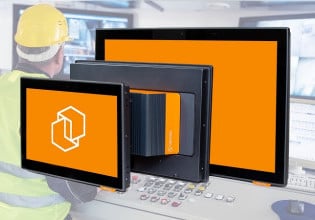W
I would like to find a sensor to measure the density of sludge flowing in the pipe.
The specification requirements:
Range: 0.02-1%¡¢0.1-5%¡¢0.2-15%£»
Time delay: adjustable between 0 and 10 minutes
Measuring Precision: better than 1% of the full range
Accuracy: 0.5% of the full range
Operation temperature: 0¡«40¡æ
Power Supply: AC220V¡À10V
The specification requirements:
Range: 0.02-1%¡¢0.1-5%¡¢0.2-15%£»
Time delay: adjustable between 0 and 10 minutes
Measuring Precision: better than 1% of the full range
Accuracy: 0.5% of the full range
Operation temperature: 0¡«40¡æ
Power Supply: AC220V¡À10V






